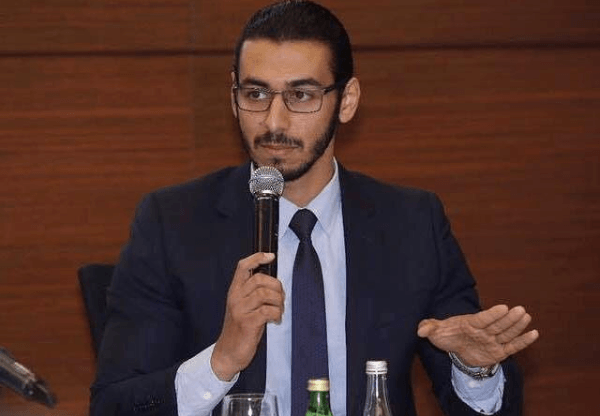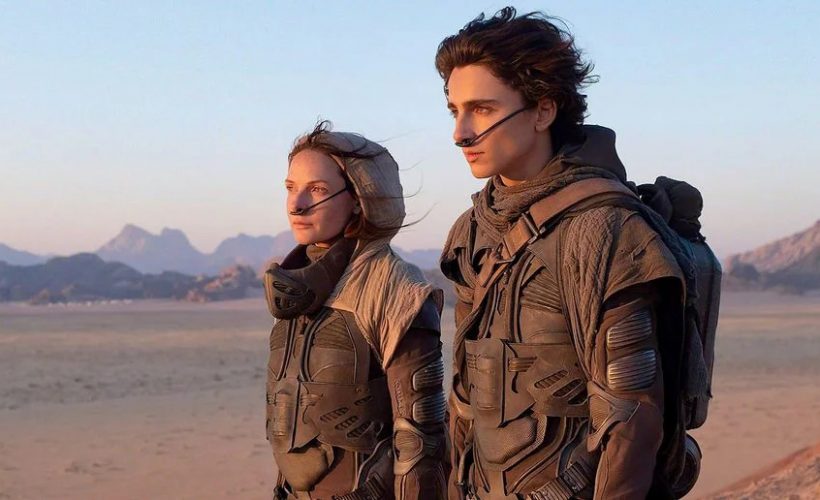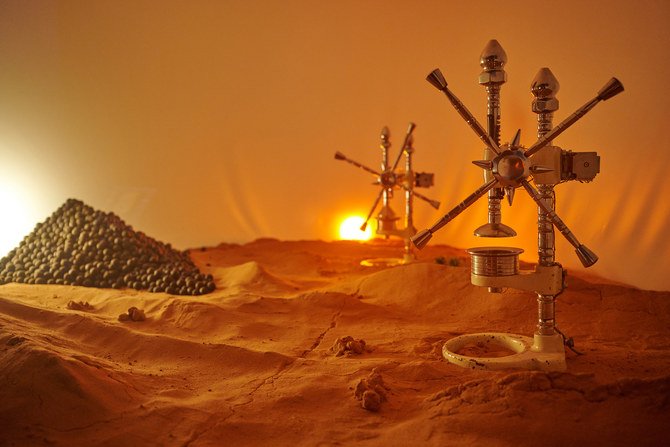Lifestyle
10.31.2019
Aly el Arabi, the filmmaker who gives his voice to the refugees wins a grant for his documentary at el Gouna festival

Every year, the Venice International Film Festival presents and rewards promising projects still in the production phase, from the Arab world and Africa through its Final Cut selection. This year, we discovered Za’atari Captains, by the Egyptian director Aly El Arabi.
Giving a voice to those we don’t listen to and showing the reality of forgotten minorities is what has always driven the Egyptian director, Ali el Arabi, in his work. Throughout his documentaries, he tries to shed light on marginalized communities and their problems such as the lives of refugees in the camps of Djibouti, daily struggle of single mothers in Egypt or early marriages Egypt. A mission that he pursues every day through his own documentary production company Ambient Light, founded in 2012.
In his last documentary, Za’atari Captains, he follows Mahmoud and Fawzi, two young Syrian refugees from Za’atari camp in Jordan, who dream of embracing a professional football career. A project still in post-production but which just won two grants at the last el Gouna festival in Egypt.
Why did you choose to make documentaries?
I was already doing video reportage for different German and Arabic channels. Over time, I realized that I wanted to make a difference for people who did not have the words to tell their own stories. The people who do not have the same opportunities as us. It was important for me to show the world that those people are not just numbers, but real persons with passions and dreams. That’s what pushed me to create my own production company: Ambient Light, 7 years ago.
Why did you want to tell the story of Mahmoud and Fawzi?
At the time, I was working for the Arab League and I was doing video reports in refugee camps. That’s how I met Mahmoud and Fawzi. They were very curious about what life outside the camps and about my job. I immediately felt that they were different. Two very strong boys with a real passion for soccer. I started following and filming them, and then I just couldn’t stop.
How did you gain the trust of their respective families?
The first year was very difficult. The people in the camp looked at me with hostility and the families of Mahmoud and Fawzi didn’t really want me to film. Fortunately, one of my female colleagues went to their house and managed to gain the trust of the mothers of the two young boys.
What was the hardest thing during the shooting?
Everything was difficult. Funding, permissions, everything was against me at first. The producers didn’t really understand the interest of the video. They said there was no story. It took me a long time to convince both people in the camp and the producers of the importance of this documentary. In the end, I was accepted and respected by all. But it took me six years and 700 hours of rush.
popular

